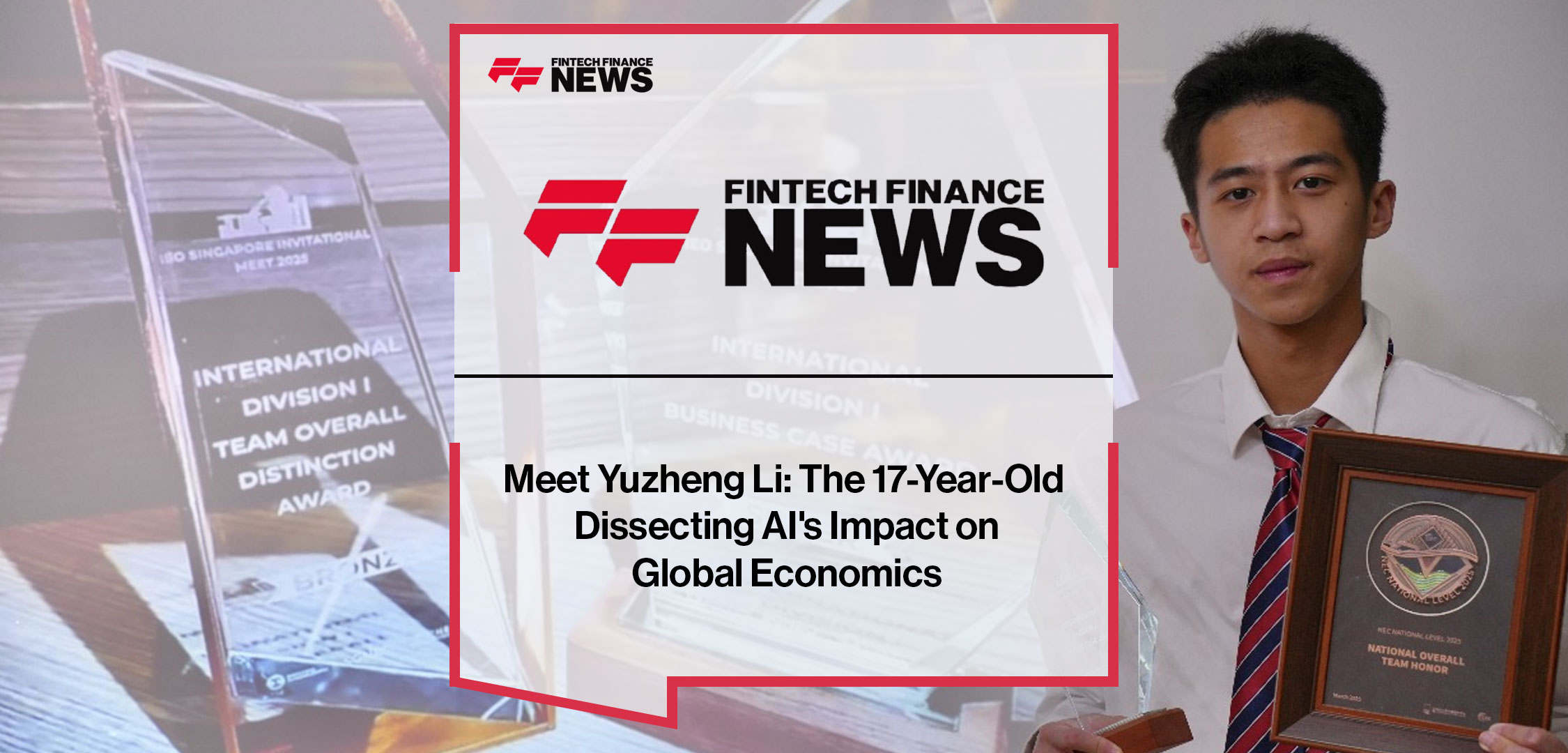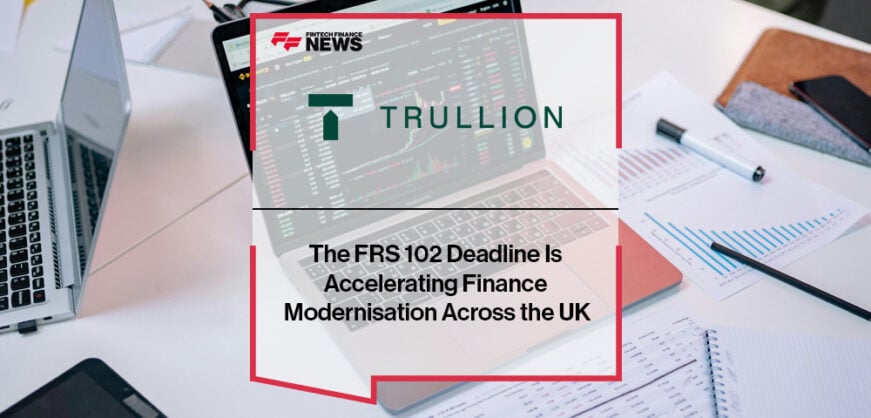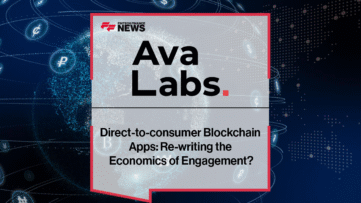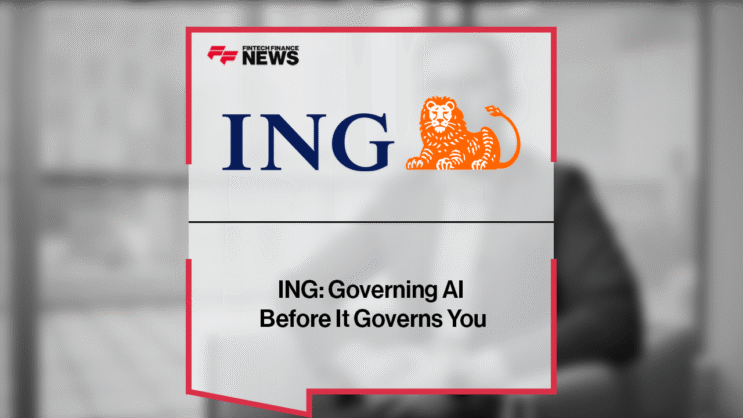Breaking News

Meet Yuzheng Li: The 17-Year-Old Dissecting AI’s Impact on Global Economics
This award-winning researcher is also on the way to democratize how we consume economic data. It’s no news that AI has been redefining productivity and how we approach work every single day. We’re set to be dependent on it to learn, create, communicate, and so much more. In every sector today, AI’s rapid evolution comes with one promise — higher efficiency and productivity.
But beneath this wave of innovation lies a critical question: Is AI actually making us more productive?
Yuzheng Li, a 17-year-old student from Beijing and rising voice in economics and AI research, explores this question in his award-winning paper on AI’s economic impact. Despite AI’s growing presence in everyday life and business, Li points out that its contribution to measurable productivity gains remains limited, reviving the “productivity paradox” first articulated by Nobel laureate Robert Solow.
In his paper, the winner of the Harvard International Economics Essay Competition, Li dissects how AI affects capital investment, labor markets, and income inequality. Using a combination of modern growth theory, data from the OECD and World Bank, and causal inference models, he presents a compelling case: while AI holds the potential to contribute trillions to global GDP, its benefits are unevenly distributed, and its productivity gains are not yet reflected in traditional economic metrics.
“My goal was to connect the theoretical frameworks of economics to real-world applications of AI. I have been invested in understanding how AI and macroeconomics intersect and will continue researching this,” Li explains. “Too often, we overestimate short-term impact while underestimating the structural changes AI is quietly making to labor and capital flows.”
Previously, Li has also been awarded the Silver Medal at the International Economics Olympiad and led his team to a top presentation award at the National Economics Competition in China. He also received a Meritorious Prize at the Harvard Mathematical Contest in Modeling, underscoring his ability to apply data science to economic problems.
But there’s one problem that he discovered while researching, and is now set to solve.
“I faced constant challenges in my research around finding reliable and updated data. Datasets available for research are often complex, old, or incomplete,” he states. Li saw a problem here that has only been rarely historically addressed.
Stemming from this, Li is currently building a digital platform that visualizes macroeconomic indicators for a global audience. His goal here is to make complex economic data accessible to students, researchers, and policymakers. “There’s a gap between economic research and public understanding,” he says. “I want to bridge that gap by creating an interface that is both intuitive and informative. I want regular people, people who don’t come from economics as a study background, to be able to interact with it without getting overwhelmed,” he adds.
The platform is designed to offer real-time economic profiles of countries, using interactive dashboards and, eventually, predictive tools powered by machine learning. For Li, this project is more than a technical challenge—it’s a public mission. “Economic literacy should not be limited to experts,” he adds. “It’s essential for informed citizenship and effective policymaking.”
Li’s interest in economics was sparked by taking up AP Macroeconomics in school, where structured models helped him understand large-scale societal challenges. But it was his exposure to AI and data science that pushed him to pursue interdisciplinary research. “I realized that combining economic theory with AI tools could uncover patterns and solutions we haven’t seen before,” he says.
Outside the classroom, Li is also a seasoned football player and team captain. With twelve years of competitive play under his belt, this exposure has shaped his leadership style and collaborative mindset. “Being a captain taught me the importance of communication, trust, and taking responsibility—values I carry into every project I lead. Currently, as I lead research groups, I know that you must be collaborative, play to everyone’s strengths, and think for the larger growth of your team. Sports is essential to any leader.”
As global debates around AI and automation intensify, Li’s research offers clarity on what is often a polarizing issue. By rooting his analysis in evidence and long-term economic modeling, he provides a thoughtful framework for understanding AI’s real impact and how to shape its future responsibly.
“I don’t just want to observe economic shifts,” Li says. “I want to help people make sense of them, and give them the tools to act.”
- ING: Governing AI Before It Governs You Read more
- ComplyAdvantage: Why Compliance Must Catch Up With Reality Read more
- Admiral Group Acquires Flock to Drive Innovation in Commercial Motor Market Read more
- HSBC Orion Awarded DIGIT Platform Mandate Read more
- Valentine’s Day Shopping Goes Agentic as Checkout.com Data Reveals Rise in AI-Led Gifting Read more
















